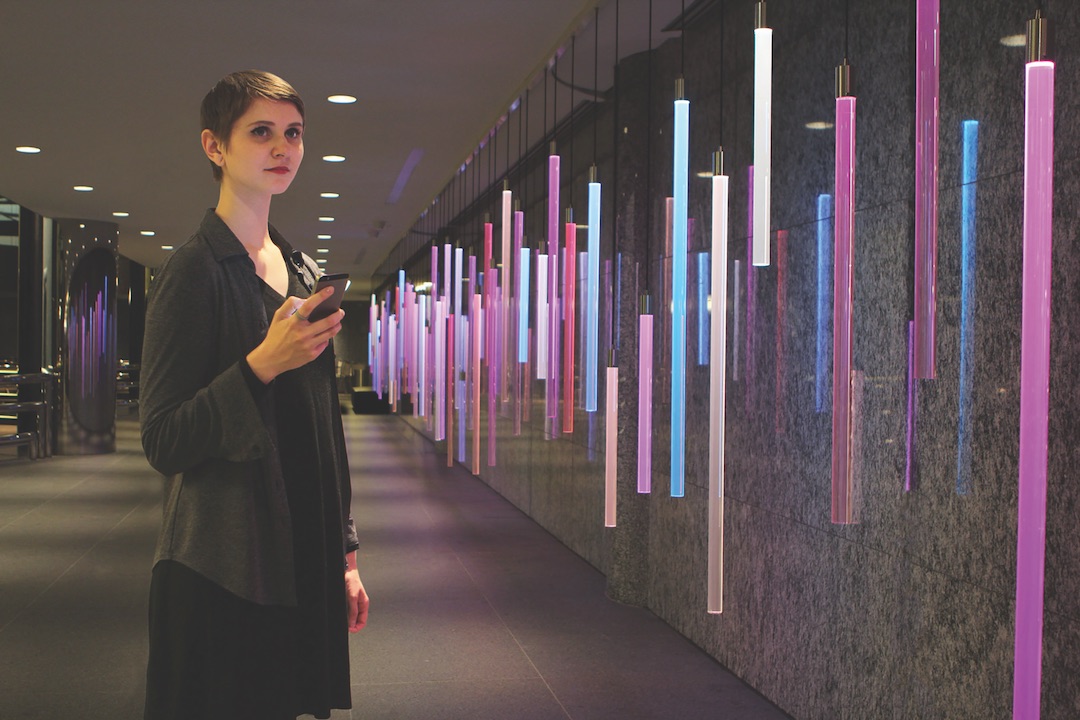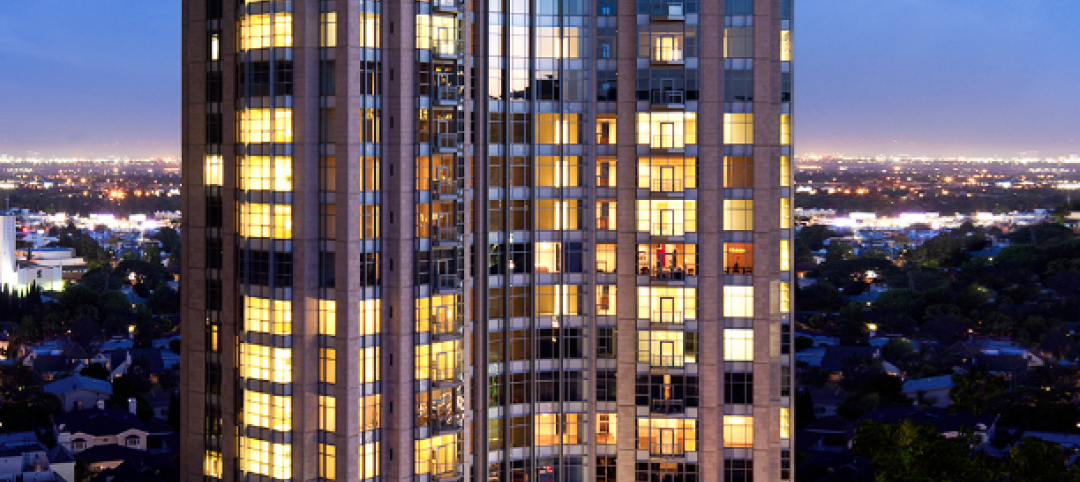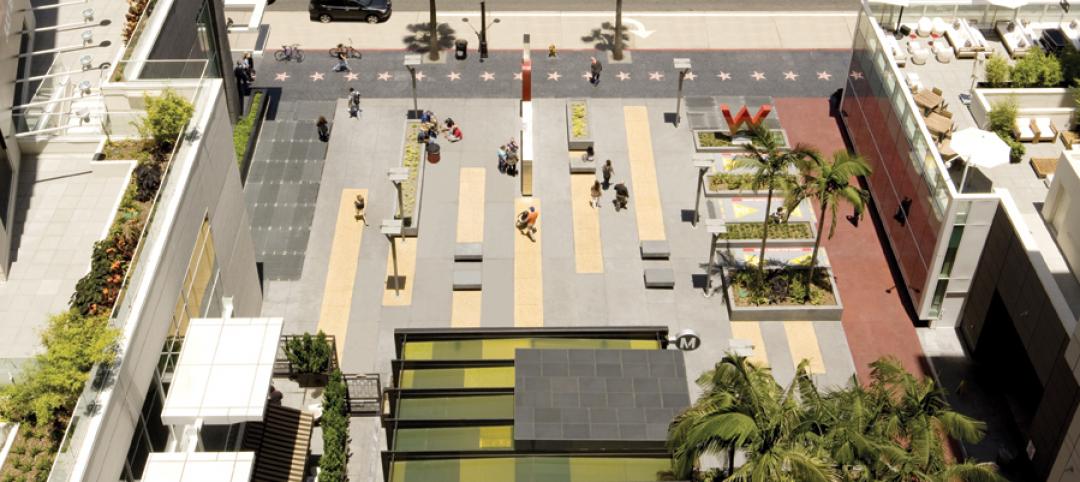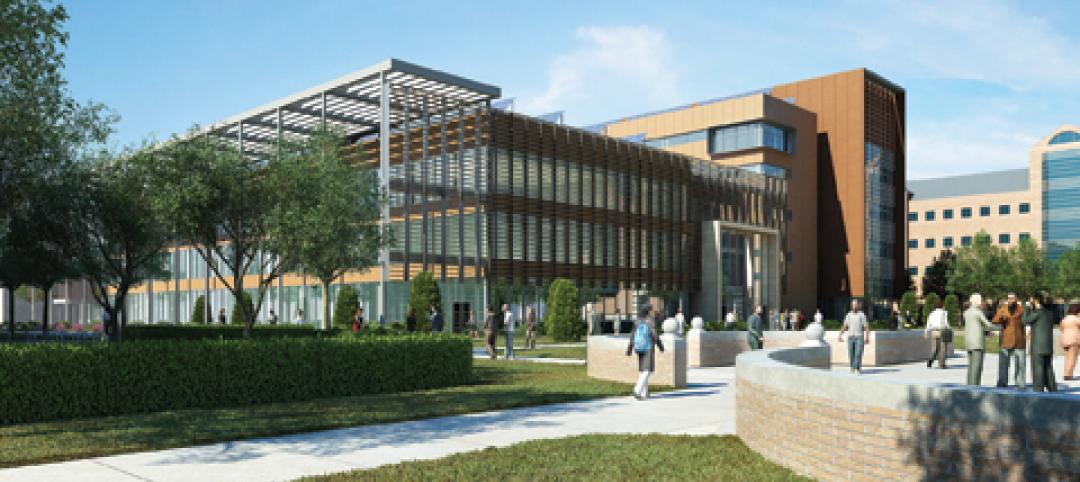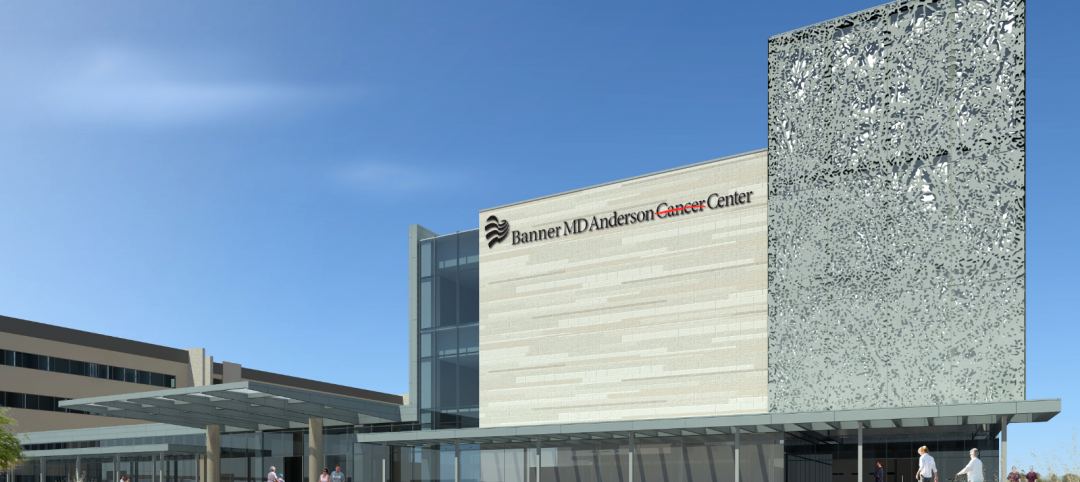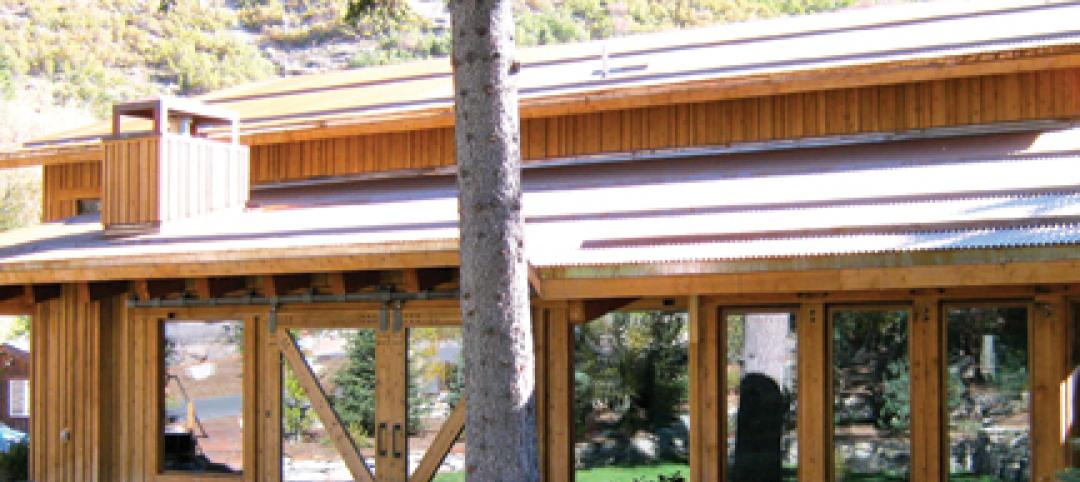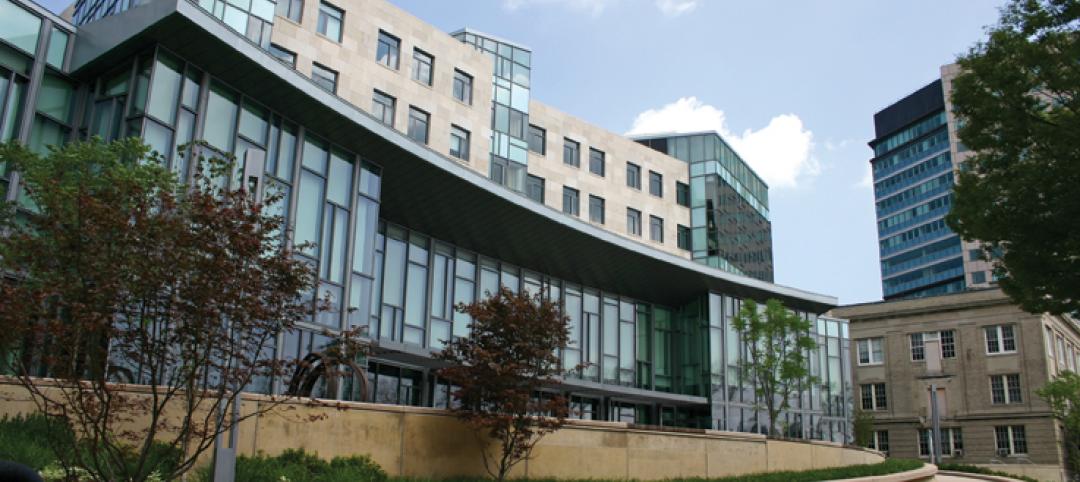When companies decide to use digital media as part of their corporate communications program, they might be entering a world of technology and content that is new and confusing to them. To guide their decisions, The Marlin Company, a visual communications and digital signage provider, published a guide that outlines eight basic questions, along with some advice, about workplace digital signage:
1] Why are you doing this? The biggest mistake companies make is to focus on the technology first, when it’s far more important to define their communications objectives and desired outcomes.
2] What do you want to say? Are you using digital media to build a safe culture, or to get employees on the same page? What about improving performance, or announcing company news? Have a clear idea of what you want to tell employees.
3] Who are you talking to? Are you trying to reach everyone in the company, or just select groups? How do you convey your message to employees who don’t always work in the office? You need to consider what each employee group needs to know, and then tailor your message accordingly.
4] What’s your strategy? It’s important that your content ties back to your objectives and goals. Marlin recommends five steps: assess your current mode of communication to determine what’s working and what digital signage can replace; set up an editorial and delivery calendar; assemble a content team; identify sources that can be ongoing sources of information; and determine your review and quality control processes.
5] How do you make your content sing? Vary the content you deliver to keep it fresh. Add visuals, like photos and videos and graphics, whenever possible. Call out professional milestones, like anniversaries and birthdays. Make the content fun.
6] How do you sustain your message? Nurture sources. Stick to your editorial calendar. Add self-updating content. Keep your IT people in the loop and involved. Plan for expanding your digital messaging. And, when necessary, call on outside experts for help.
7] How will you know it’s working? Solicit feedback often, especially when you’re trying to measure the quality of your messaging, such as whether it’s leading to productivity improvements or higher employee morale.
8] What technology should you use? There are three main components in digital signage: monitors, media players, and content management software. The last is the most important, so choose what enables you to post content easily to any format, schedule posts, and manage users. Monitors, especially those that will be running 24/7, need to be commercial-grade. Determine how many you will need, what size, what image quality, what’s the surrounding environment, and who will install and maintain them. Media players are the “brains” of digital signage, and generally you’ll need one per screen.
Related Stories
| Dec 17, 2010
Luxury condos built for privacy
A new luxury condominium tower in Los Angeles, The Carlyle has 24 floors with 78 units. Each of the four units on each floor has a private elevator foyer. The top three floors house six 5,000-sf penthouses that offer residents both indoor and outdoor living space. KMD Architects designed the 310,000-sf structure, and Elad Properties was project developer.
| Dec 17, 2010
Subway entrance designed to exude Hollywood charm
The Hollywood/Vine Metro portal and public plaza in Los Angeles provides an entrance to the Red Line subway and the W Hollywood Hotel. Local architect Rios Clementi Hale Studio designed the portal and plaza to flow with the landmark theaters and plazas that surround it.
| Dec 17, 2010
New engineering building goes for net-zero energy
A new $90 million, 250,000-sf classroom and laboratory facility with a 450-seat auditorium for the College of Electrical and Computer Engineering at the University of Illinois at Urbana/Champaign is aiming for LEED Platinum.
| Dec 17, 2010
Vietnam business center will combine office and residential space
The 300,000-sm VietinBank Business Center in Hanoi, Vietnam, designed by Foster + Partners, will have two commercial towers: the first, a 68-story, 362-meter office tower for the international headquarters of VietinBank; the second, a five-star hotel, spa, and serviced apartments. A seven-story podium with conference facilities, retail space, restaurants, and rooftop garden will connect the two towers. Eco-friendly features include using recycled heat from the center’s power plant to provide hot water, and installing water features and plants to improve indoor air quality. Turner Construction Co. is the general contractor.
| Dec 17, 2010
Toronto church converted for condos and shopping
Reserve Properties is transforming a 20th-century church into Bellefair Kew Beach Residences, a residential/retail complex in The Beach neighborhood of Toronto. Local architecture firm RAWdesign adapted the late Gothic-style church into a five-story condominium with 23 one- and two-bedroom units, including two-story penthouse suites. Six three-story townhouses also will be incorporated. The project will afford residents views of nearby Kew Gardens and Lake Ontario. One façade of the church was updated for retail shops.
| Dec 17, 2010
ARRA-funded Navy hospital aims for LEED Gold
The team of Clark/McCarthy, HKS Architects, and Wingler & Sharp are collaborating on the design of a new naval hospital at Camp Pendleton in Southern California. The $451 million project is the largest so far awarded by the U.S. Navy under the American Recovery and Reinvestment Act. The 500,000-sf, 67-bed hospital, to be located on a 70-acre site, will include facilities for emergency and primary care, specialty care clinics, surgery, and intensive care. The Building Team is targeting LEED Gold.
| Dec 17, 2010
Arizona outpatient cancer center to light a ‘lantern of hope’
Construction of the Banner MD Anderson Cancer Center in Gilbert, Ariz., is under way. Located on the Banner Gateway Medical Center campus near Phoenix, the three-story, 131,000-sf outpatient facility will house radiation oncology, outpatient imaging, multi-specialty clinics, infusion therapy, and various support services. Cannon Design incorporated a signature architectural feature called the “lantern of hope” for the $90 million facility.
| Dec 17, 2010
Cladding Do’s and Don’ts
A veteran structural engineer offers expert advice on how to avoid problems with stone cladding and glass/aluminum cladding systems.
| Dec 17, 2010
5 Tips on Building with SIPs
Structural insulated panels are gaining the attention of Building Teams interested in achieving high-performance building envelopes in commercial, industrial, and institutional projects.
| Dec 17, 2010
How to Win More University Projects
University architects representing four prominent institutions of higher learning tell how your firm can get the inside track on major projects.


